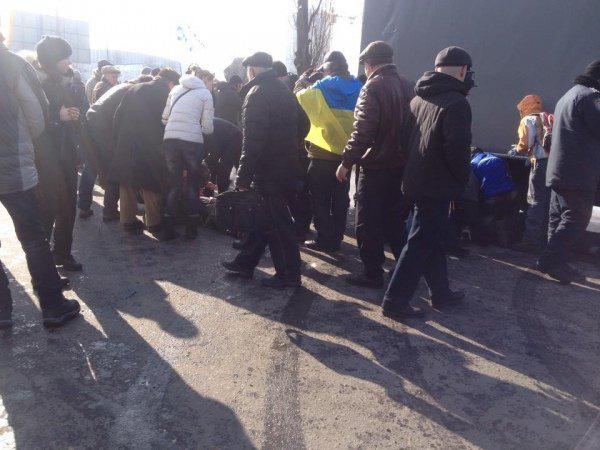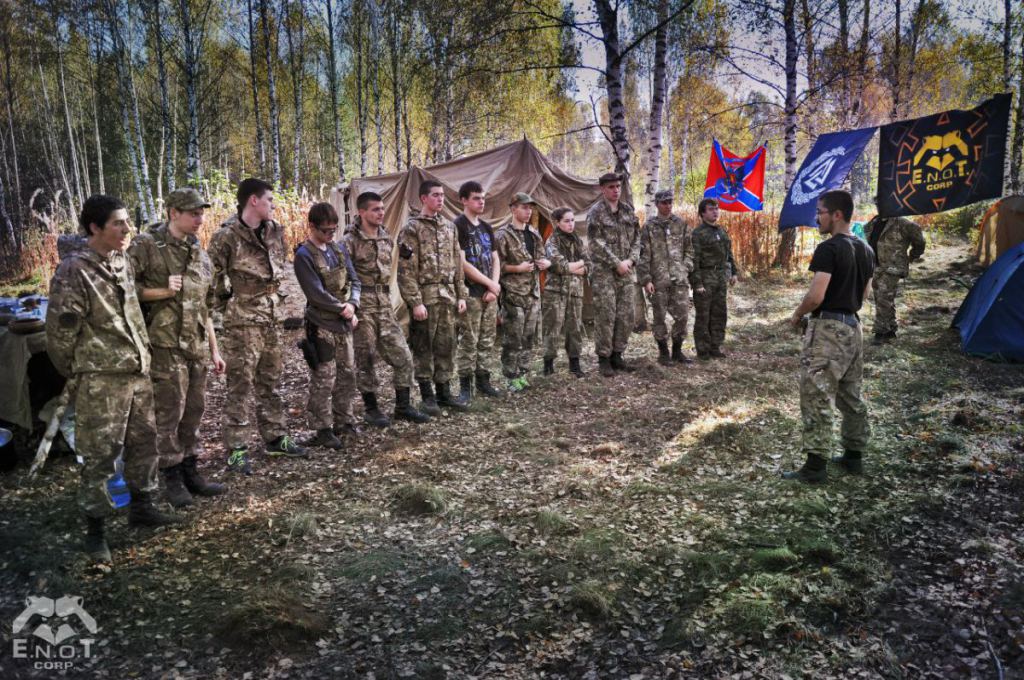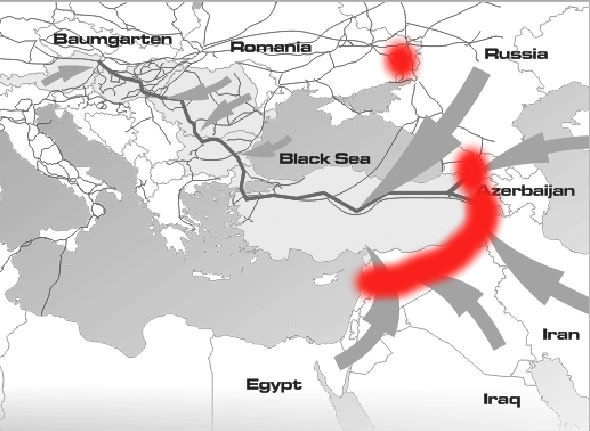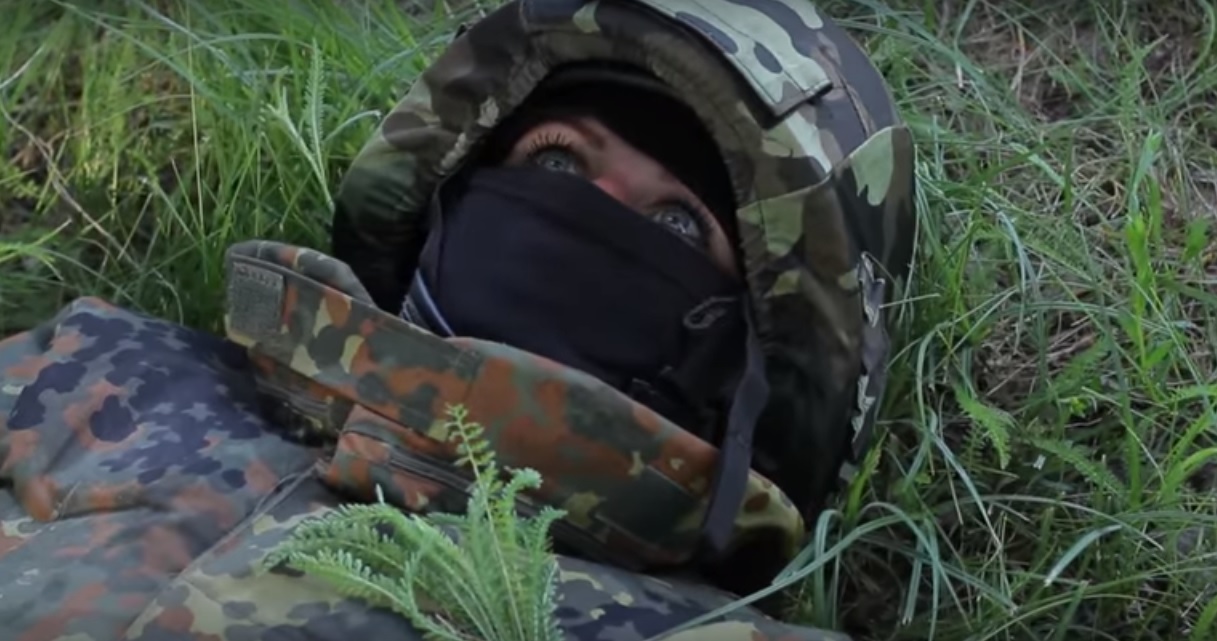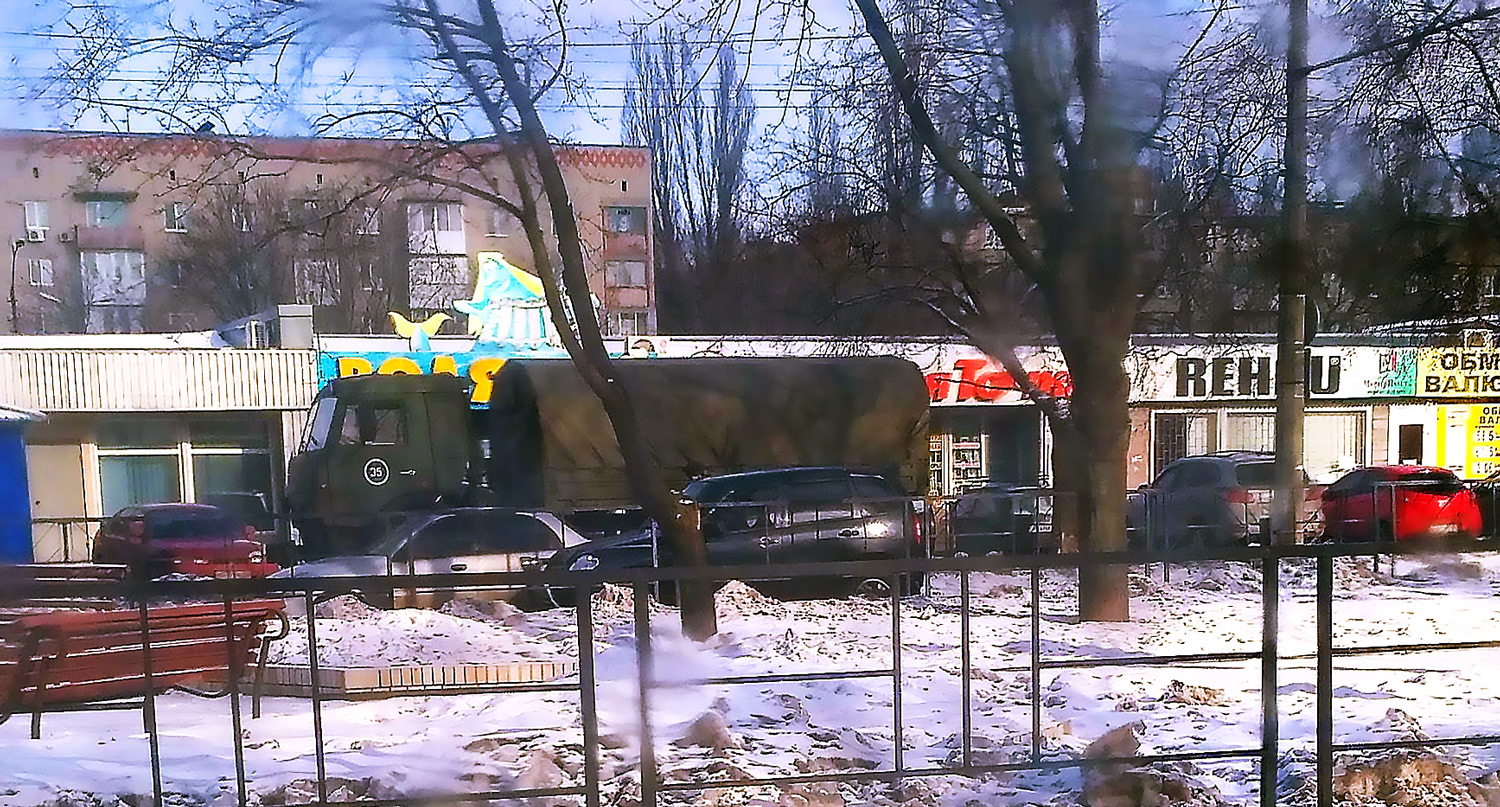A “new stage” has begun in the conflict between Russia and Ukraine, one that involves terrorist actions like those in the Chechen wars but “with this important modification: in this case, a nuclear power is suspected of terrorism” or possibly its “incompletely controlled militants,” according to Ilya Milshteyn.
“This in general can become an unprecedented historic event,” the Moscow commentator says, “because up to now it has been considered that murders of innocent civilians or the seizing of hostages is a weapon of the weak who do not know any other means of dealing with an enemy.”
Or alternatively it may mean that Moscow has weakened to such a point that it feels it has no other alternative. If that is so, Milshteyn continues, then “the darkest suspicions” about Russian intentions will be “confirmed,” and it will be time to stop seeking analogies as many have been doing and face up to a new and greater horror.
“Suddenly, it will become clear that the hybrid war which Russia has been conducting against Ukraine will have been enriched by yet another means of carrying out military actions,” a means that involves no negotiations with the other side but only its destruction a la Putin’s earlier war against Chechnya wherever it may be found.
In his Grani.ru commentary today, Milshteyn notes that “the Russian-Ukrainian war has given rise to a large number of historical analogies,” many of them drawn from the 1930s and quite “banal.” But there is an analogy closer to home which may in fact be more suggestive of what is taking place.
“In part,” he says, “the war in the Donbas recalls both Chechen wars, but with a change of roles and with this essential difference: a nuclear power did not support Ichkeria and American miners and tractor drivers with their tanks and artillery fire did not fight for Dudayev and Maskhadov.”
Until yesterday, Moscow’s war against Ukraine did not involve “classical terrorist acts in major cities.” Now it does, and that “changes the situation in a cardinal way.” Now, “the phrase ‘Chechen scenario’” takes on an entirely new meaning than the one Putin himself suggested to German Chancellor Angela Merkel at Brisbane.
In the version of a Chechen scenario Moscow would want the world to accept, Kyiv would do what Moscow did in Chechnya, exploiting a terrorist act to destroy the local population and impose its own loyalist in power. But Ukrainian President Petro Poroshenko has rejected this scenario out of hand -- in part because he views those fighting against Kyiv as Moscow’s agents.
Ukrainian security officials have already announced that they have found links between Kharkiv and Russia, as one might have expected regardless of what the case ultimately turns to be, Milshteyn says. But such links are not as implausible as many might be inclined to think.
Some will insist that Putin is too “pragmatic” to use such a tactic given that Russia is already suffering under sanctions and would face even power. But “the problem is that it is long past time to forget about pragmatism when speaking about the foreign policy of Russia,” the Moscow analyst says.
“Life in the regime of special operations presupposes an entirely different means of accounting,” and consequently, it is entirely possible that “in these conditions a terrorist act is a continuation of policy by other means … a logical and consistent one” if hatred dominates thinking and if those making the decision feel they have nothing to lose.
Many Moscow commentators share Milshteyn’s analysis if not his call for caution before reaching any final decision. In a note on Kasparov.ru today, Yevgeny Ikhlov writes that “there is no legal, political or moral difference between the organizers of the explosion at the Kharkiv demonstration and the organizers of the explosion at the Boston marathon in April 2013.”
And he suggests that if the investigation shows links between those who carried out the Kharkiv bombing and the pro-Moscow secessionists in the Donbas, then he would advise Kyiv to introduce a resolution in the UN Security Council and General Assembly” that would declare the Russian Federation “’a sponsor of international terrorism.’”

